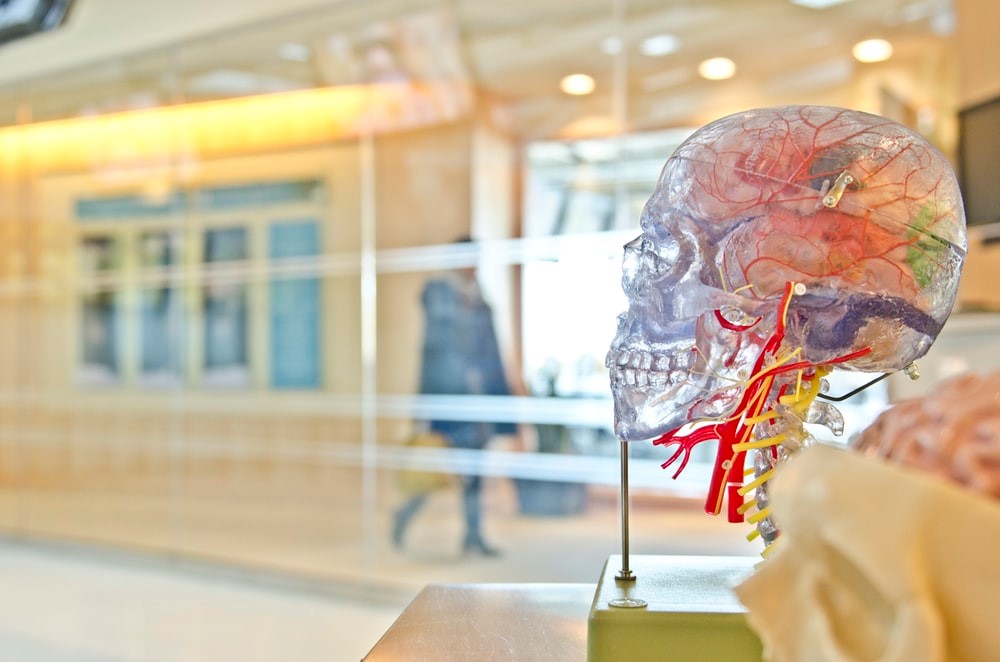Addiction is a chronic brain disease that can have a permanent impact on the brain even long after the cessation of the use of narcotic substances. The nature of such disruptions can be catastrophic at times and primarily affect three regions in the brain: the prefrontal cortex, the basal ganglia, and the extended amygdala.
All addictive substances lead to an intense feeling of euphoria. Such euphoria is a direct/indirect result of the activation of the dopamine and opioid signaling system in the brain. The opioid system in the brain is responsible for the production of three naturally occurring opioids: endorphins, dynorphins, and enkephalins. Activation of the opioid system indirectly affects the dopamine system, which ultimately stimulates the nucleus accumbens. The dopaminergic system, however, can also be directly activated by various synthetic drugs themselves.
Nucleus Acumbens is a crucial region that serves as one of the major components of the reward center of the brain. It is heavily affected by the dopaminergic pathway and has a crucial role in serving as the neural interface between motivation and action. Hence, the so-called rewarding effects of drug use lead to positive reinforcement and therefore increase the likelihood of repeated self-administration or addiction.
This brings us to the three stages of the addiction cycle itself. The first stage is the Binge, where an individual consumes a drug of choice and enjoys its pleasurable effects. Next comes the Withdrawal stage where the person is unable to function properly in the absence of the substance, characterized by a negative emotional state. Finally, the Pre-occupation stage is where the person seeks to reuse the substance after a transient period of sobriety.
The Binge stage has been directly associated with the basal ganglia and its sub-region: the nucleus accumbens. Under normal circumstances, the basal ganglia are responsible for motor control and executive functions. However, the rewarding effects of substance abuse are also controlled directly by the basal ganglia and nucleus accumbens while the dorsal striatum appropriates the decision-making process in the brain.
The amygdala is the emotion center of the brain. Since the Withdrawal stage exhibits symptoms like anxiety, anger, and irritability, disruptions in the extended amygdala could result in this stage. Long-term substance-use decreases D2 dopamine receptors in the brain. Consequently, a decreased activity of the dopaminergic system has a negative impact not only on the basal ganglia or the nucleus accumbens, but also on the extended amygdala. The extended amygdala reinforces negative emotions in the absence of the addictive substance, further promoting the binge stage and is thus responsible for dependency or drug addiction.
Finally, the prefrontal cortex is responsible for executive functions, and such functions generally imply critical decisions, which often regulate an individual’s actions and impulses. However, an addicted individual is unable to make the right choice and repeatedly falls victim to Pre-occupation. Hence, the compromised prefrontal cortex has also been implicated in promoting addictive behavior.
If you or anyone you know is battling addiction or has significant negative urges arising from repeated drug abuse, please contact The Functional Medicine Center for Personalized Care, LLC (www.FxMedCenters.com) at 201-880-8247 or Specialized Therapy Associates at 201-488-6678.
Ishtiak Ahmed Chowdhury
References:
Hanson, K. L., Medina, K. L., Padula, C. B., Tapert, S. F., & Brown, S. A. (2011). Impact of adolescent alcohol and drug use on neuropsychological functioning in young adulthood: 10-year outcomes. Journal of Child and Adolescent Substance Abuse, 20(2), 135-154.
Koob, G. F., & Volkow, N. D. (2010). Neurocircuitry of addiction. Neuropsychopharmacology, 35(1), 217–238
Kalivas, P. W., & Volkow, N. D. (2005). The neural basis of addiction: A pathology of motivation and choice. The American Journal of Psychiatry, 162(8), 1403-1413.
Koob, G. F., & Le Moal, M. (2001). Drug addiction, dysregulation of reward, and allostasis. Neuropsychopharmacology, 24(2), 97-129.
Volkow, N. D., Koob, G. F., & McLellan, A. T. (2016). Neurobiologic advances from the brain disease model of addiction. New England Journal of Medicine, 374(4), 363-371
Website: https://www.specializedtherapy.com/addiction-treatment/
Website:







